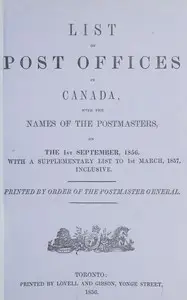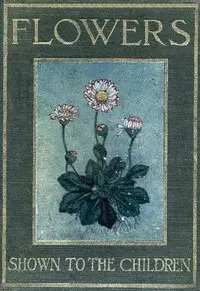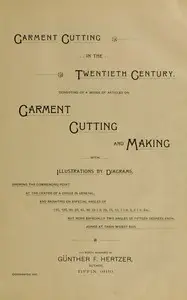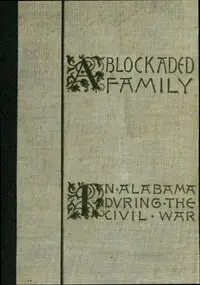"The Tragic Comedians: A Study in a Well-known Story — Complete" by George Meredith is a novel written during the late 19th century. The story revolves around Clotilde von Rudiger, a young woman of aristocratic background, whose complex emotional landscape is set against a backdrop of romantic entanglements and societal expectations. The novel explores themes of love, identity, and the intersections of personal desire with social constraints, particularly through Clotilde's relationships with notable characters such as Prince Marko Romaris and Alvan, a demagogue whose controversial reputation complicates her affections. At the start of the narrative, we meet Clotilde, an attractive young woman caught in a whirlwind of romantic pursuits, displaying a pronounced dissatisfaction with her suitors. Her awakening begins upon encountering Prince Marko at the Hungarian Baths, leading to shifting emotions as she falls in love with the goodness she perceives in him. However, this romantic tension is soon complicated by the presence of Alvan, a captivating figure with a notorious reputation, whose magnetic personality both intrigues and frightens her. Clotilde's initial impressions of both Marko and Alvan set the stage for a deeper exploration of her desires and the societal expectations that may confine them. The opening portion paints a rich portrait of Clotilde's inner struggles and the dynamics of her world, inviting readers to ponder the interplay of tragedy and comedy in her unfolding story. (This is an automatically generated summary.)

The Tragic Comedians: A Study in a Well-known Story — Complete
By George Meredith
"The Tragic Comedians: A Study in a Well-known Story — Complete" by George Meredith is a novel written during the late 19th century. The story revolve...
George Meredith was an English novelist and poet of the Victorian era. At first, his focus was poetry, influenced by John Keats among others, but Meredith gradually established a reputation as a novelist. The Ordeal of Richard Feverel (1859) briefly scandalised Victorian literary circles. Of his later novels, the most enduring is The Egoist (1879), though in his lifetime his greatest success was Diana of the Crossways (1885). His novels were innovative in their attention to characters' psychology, and also portrayed social change. His style, in both poetry and prose, was noted for its syntactic complexity; Oscar Wilde likened it to "chaos illumined by brilliant flashes of lightning". Meredith was an encourager of other novelists, as well as an influence on them; among those to benefit were Robert Louis Stevenson and George Gissing. Meredith was nominated for the Nobel Prize in Literature seven times.












